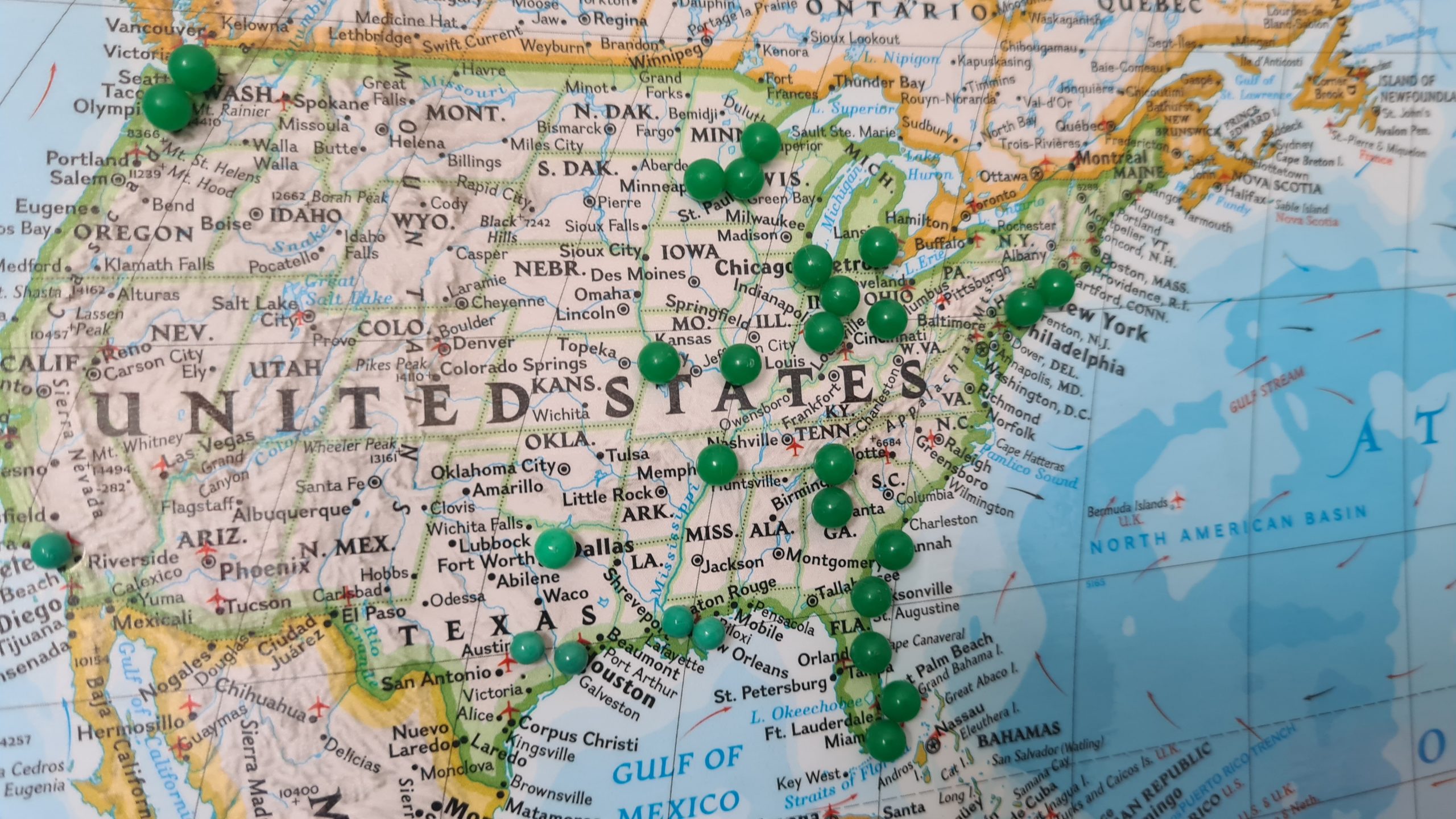The franchise agreement, on the other hand, is the actual contract between the franchisor and franchisee. The terms of the franchise agreement are binding between the parties, subject to certain changes by some states and allowable variances through operations manual revisions.
Our article contributor today is Jonathan Barber, Partner at Franchise.Law. Jonathan review the differences between the Franchise Disclosure Document(FDD) nand the actual contract you’ll be asked to sign upon entering into an agreement with a Franchisor. Purchasing a franchise can be a complicated transaction and understand these documents is critical. Jonathan shaes some great insight here but to truly understand the issue please feel free to contact him at the link below in the article.
Franchise Disclosure Document vs. Franchise Agreement
By Jonathan Barber
When most people buy a franchise, they look at the Franchise Disclosure Document (FDD) and believe that everything within that document is their contract with the franchisor. However, this is not the case. It is important to understand the difference between the franchise disclosure document versus the franchise agreement when looking to enter a franchise.
What Makes the FDD Distinct from the Franchise Agreement?
What some do not realize is that the FDD is merely an overview of the franchise relationship and includes the experience of the franchisor and its officers; the litigation and bankruptcy history of the franchisor and its officers; the costs the franchisee candidate can expect to incur in building out and operating the franchise; a history of the franchise itself; and the support that the franchisee can expect to receive. The FDD is not a contract itself, although a franchisor can be held legally liable for its contents if an issue of misrepresentation arises. The FDD contents are dictated by federal and state regulations which have several limitations on what franchisors can and cannot include such as financial representations and disclaimers.
When reading the FDD, a franchisee candidate will find several exhibits which include financial statements for the franchisor, a sample copy of the franchise agreement, other standard contracts that the franchisee may be required to sign, if any, state amendments to the franchise agreement and FDD, and receipts to acknowledge that the franchisee candidate received the FDD.
The franchise agreement, on the other hand, is the actual contract between the franchisor and franchisee. The terms of the franchise agreement are binding between the parties, subject to certain changes by some states and allowable variances through operations manual revisions. Although many portions of the FDD are reflected in the franchise agreement, such as ongoing fees, default and termination provisions, and territory size, the franchise agreement goes further into detail to address the rights, roles and obligations of both the franchisee and franchisor in legal terms.
Additionally, when reviewing the franchise prior to purchasing, a candidate should understand that any changes made will be made exclusively to the franchise agreement, not the FDD. In most cases these changes, if any, are made through an amendment to the franchise agreement and must be signed along with the franchise agreement. If any changes are not made in writing and signed by both franchisee and franchisor, then either side risks these changes not being enforceable.
Because of the differences between the FDD and franchise agreement, we highly recommend having a franchise attorney review both documents thoroughly before purchasing the franchise or launching the franchise brand. If you need assistance, please reach out to our team today.
==============================
About the Author:JONATHAN N. BARBER MANAGING ATTORNEY
Jonathan Barber is a passionate and experienced corporate transactions and litigations attorney. He has ample experience with large finance corporations, but his true passion lies in working with entrepreneurs and small businesses. This led him to the Liberty University School of Law where he studied transactional law.
After graduating with his JD, Jonathan became an adjunct professor of business law at a local community college, then began working as an associate attorney under Jason Power. Like Jason, Jonathan’s drive comes from his “healthy disregard for the impossible.” Ready to take on any challenge, Jonathan will do everything possible to find a solution. His diligence and commitment to law has led him to being named a 2019 1851 Magazine Franchise Legal Player, 2019 and 2020 Franchise Times Legal Eagle, and 2016, 2017, and 2018 North Carolina Pro Bono Honor Society.











